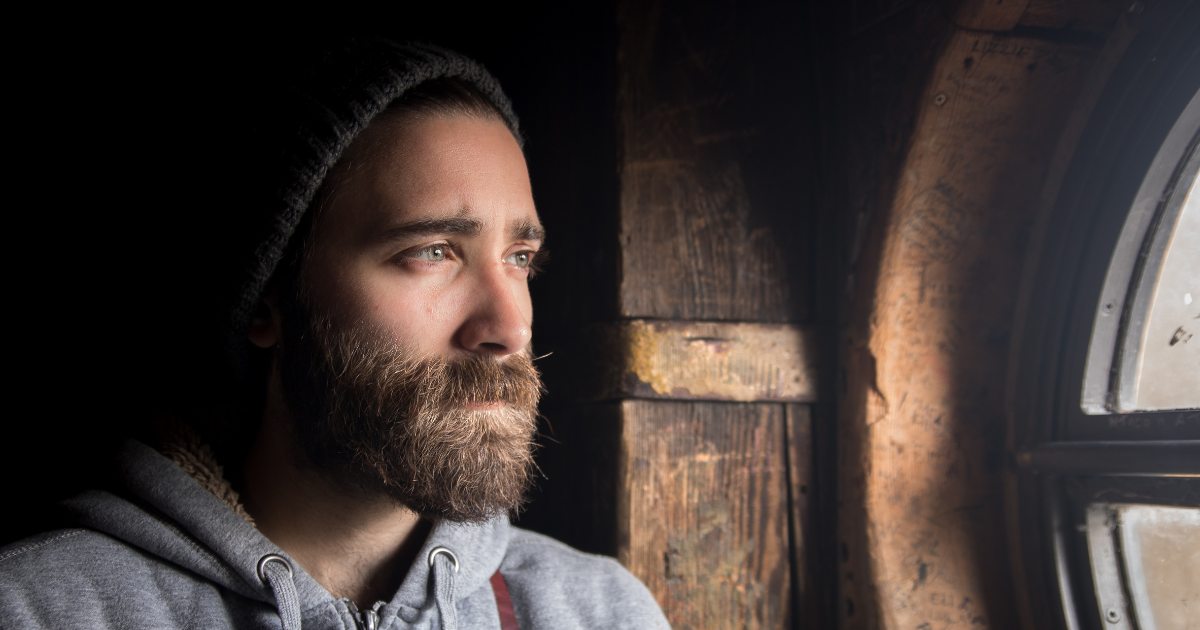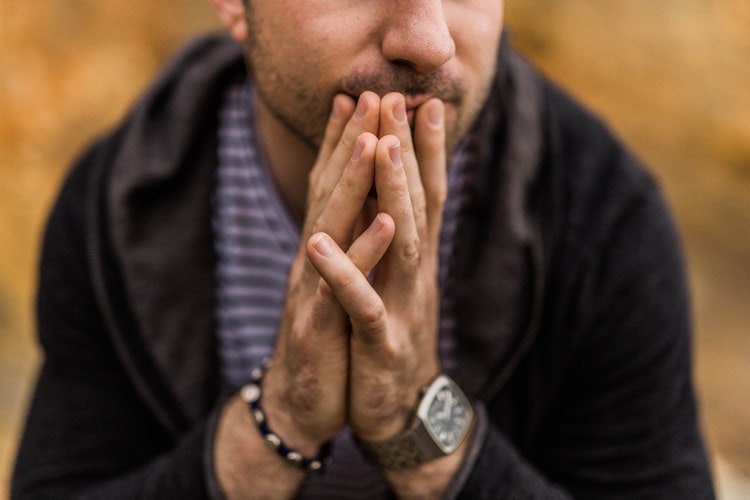Many people see relapse as a failed attempt to recover from a drug or alcohol addiction. The truth is that relapse can be part of the path to lasting recovery. In fact, relapsing is a very normal part of learning how to deal with a substance use disorder. Up to 60% of people in recovery relapse.
That may seem like a lot of relapses, but it’s actually comparable with the rates of recovery from other chronic diseases like asthma, diabetes, and hypertension. When a person with a chronic disease faces a setback, we don’t consider this a failure. When a diabetic patient has worsening symptoms, they work with their healthcare provider to determine the underlying cause so they can be treated successfully and resume the road to recovery. This is the same way the disease of addiction should be handled. When there is a setback, or relapse, it indicates that the person recovering from an addiction needs to work with their doctor to modify their treatment plan.
When patients have gone through a comprehensive recovery program, relapse is less common. Unfortunately, many addiction treatment facilities do not address relapse prevention in their programs. At Landmark Recovery, we tackle this issue head-on.
What Is A Relapse?
Relapse stems from Latin, and it means “to fall or slip back into a former state.” The National Institute on Drug Abuse defines it as “the return to drug use.” They go on to say that many people will face relapse throughout their recovery from addiction, and often people will face multiple relapses. After a period of sobriety, things may happen that result in a person turning back to drugs, alcohol, and other substances. While this may seem like a failure, it’s part of the recovery process. Depending on the substances being use, a relapse can come with risk of overdose. Additionally, there is a lot of shame and guilt involved with relapse, which prevents many people from seeking help for recovery.
Types Of Relapse
There are different types of relapse that a recovering addict can face. These tend to happen in gradual stages. Just as a person didn’t become addicted overnight, relapse typically doesn’t occur overnight.
- Emotional Relapse: This is the first stage of relapse. During this period, most people aren’t actually thinking of using drugs or alcohol, but their emotions and dysfunctional behaviors are paving the way for a relapse. During this phase, denial is very common. Many people pretend that there are no issues and that they are not having any thoughts about substance use. Over time, tension builds, and the person moves toward the next phase.
- Mental Relapse: Refusing to acknowledge the signs and symptoms present during emotional relapse can set the stage for this second phase of relapse. This phase pits the person against themselves, creating a war inside. A large part of the person wants to pick up the bottle and have a drink, but the other part of them desperately wants to stay sober. This phase is a dangerous place to be, and as time goes on their ability to resist the pull of the drug or alcohol wanes.
- Physical Relapse: Without dealing with the emotional and mental turmoil, the recovering addict will almost certainly have a physical relapse. Once the choice is made to pick up the drugs or take a drink from the bottle, the question is whether this will be a slip or a full-on relapse.
Difference Between A Slip And Relapse
During recovery from addiction, you will likely face slips as well as relapses. It is important to know the difference between these situations. When a person in recovery has a slip, or a “lapse”, this means that they have very briefly used drugs or alcohol but quickly stopped. A slip doesn’t always turn into a full relapse. Often, people who have a slip will immediately turn back to recovery and they will remain sober.
Sometimes, this momentary lapse can turn into a full-blown relapse. When this happens, the recovering person does not immediately turn to recovery and instead returns to their old ways and habits.
Signs Of Relapse
Just as addiction has many different causes, so does relapse. There are many signs that one is on the horizon. Whether you personally are facing relapse, or you are helping a loved one on the path to recovery, it is vital to be on the lookout for things that could trigger relapse.
Relapse Triggers
Triggers will typically stem from exposure to people, places, activities, and things that led to drug and alcohol use in the past. Relapse triggers commonly include:
- Being exposed to drugs or alcohol
- Use of other addictive substances (a cocaine addict consuming alcohol)
- Being around people you used to use with
- Going to locations where you used to use
- Being pressured by old friends (just one drink won’t hurt!)
- Desire to be rid of negative emotions (using to numb anxiety, stress, loneliness, guilt, depression, etc.)
- Desire to enhance positive emotions (drinking to celebrate)
Warning Signs of a Relapse
Major life changes such as divorce, death of a loved one, or a job loss can create situations in which a person is more likely to relapse. Watch for common warning signs:
- Lying
- Sudden changes in routine (sleep, hygiene, appetite)
- Irresponsible behavior (skipping work or school)
- Overconfidence when it comes to using
- Isolation
- Turning from new friends and support groups
What To Do If You Relapse
If you or a loved one is facing relapse, you must act quickly. Get support from friends and loved ones who want you to succeed in your sobriety. Remember that the path to recovery is a long one and that there is no shame in a slip or mistake. Addiction is chronic, and recovery is a process.
At Landmark Recovery drug and alcohol rehab center, we are here to help you! We can work with you on discovering your options for recovery and prevention if you call us today at 888-448-0302.

Choose Recovery Over Addiction
We're here 24/7 to help you get the care you need to live life on your terms, without drugs or alcohol. Talk to our recovery specialists today and learn about our integrated treatment programs.






